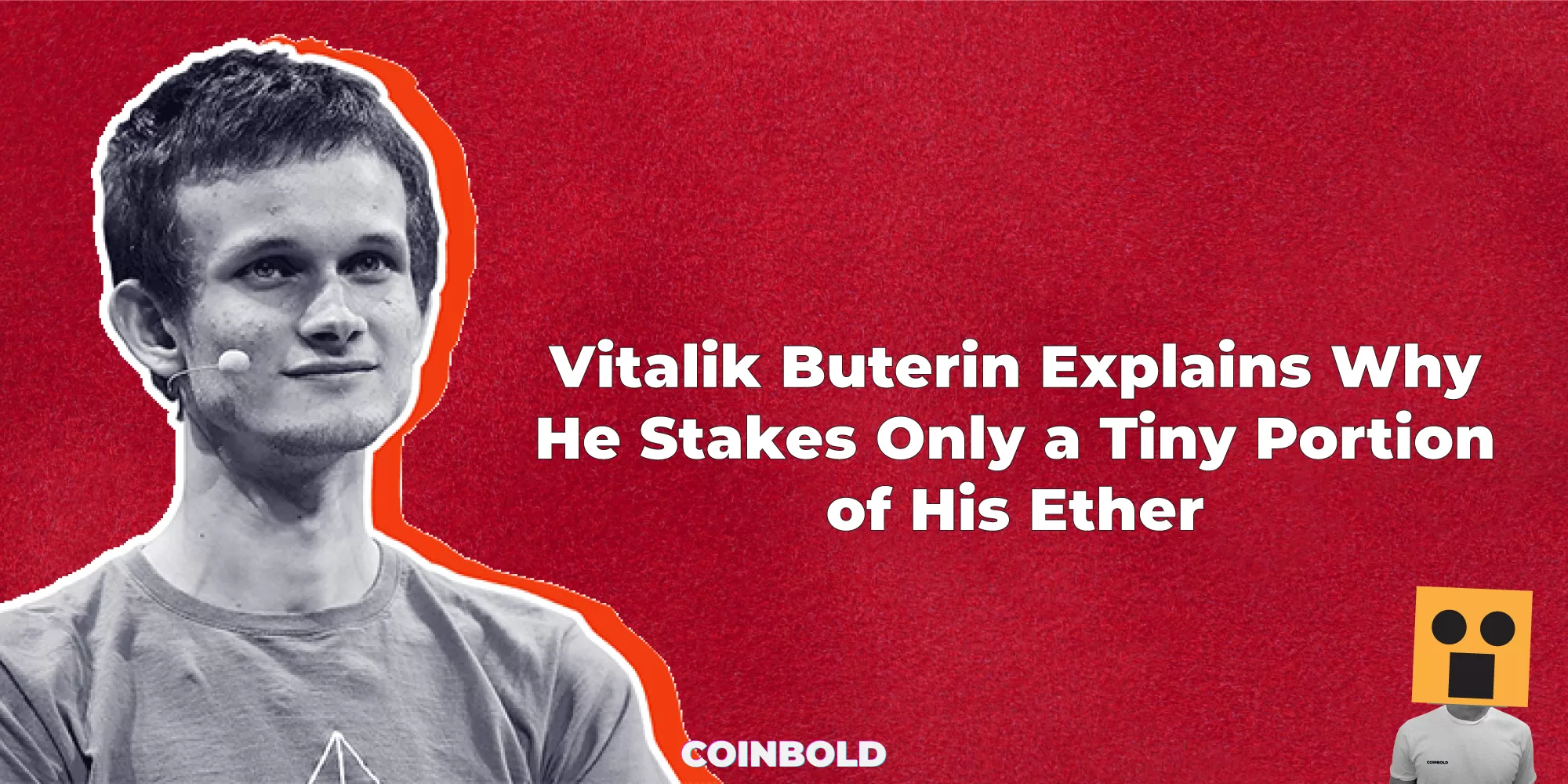Vitalik Buterin, co-founder of Ethereum, recently revealed that he does not stake all of his Ether due to the complexities associated with multisignature wallets. In an interview on the Bankless podcast, Buterin explained that the main reason for staking only a small portion of his ETH is the difficulty in setting up multisig wallets, which are required to access staked funds securely. He highlighted that multisig wallets for staking are still challenging to configure and can become complicated in various ways.
The news of Buterin’s limited staking surprised Charles Hoskinson, the founder of Cardano and also a co-founder of Ethereum. Hoskinson expressed his astonishment on Twitter, stating that he has “all” of his ADA staked. During the podcast, Buterin also mentioned a new protocol called EigenLayer, which enables Ethereum validators and stakers to “re-stake” their assets on other networks. However, he cautioned that this approach introduces centralization risks, even though it is currently in the testnet phase and is not expected to launch until the third quarter of 2023. Under the proposed system, more reliable stakers would be rewarded, and the chances of being penalized (slashed) would be significantly lower for them.
Buterin’s remarks align with his previous statements about the need for sufficient scaling infrastructure on the Ethereum blockchain. Without efficient scaling solutions, the network’s ability to handle transactions at low costs is compromised. Additionally, Buterin highlighted another potential vulnerability in the system, namely smart contract wallets.
Overall, Buterin’s concerns regarding the complexities of multisignature wallets and the importance of scaling infrastructure shed light on the ongoing challenges faced by Ethereum and the broader cryptocurrency ecosystem.
Compiled by Coinbold

